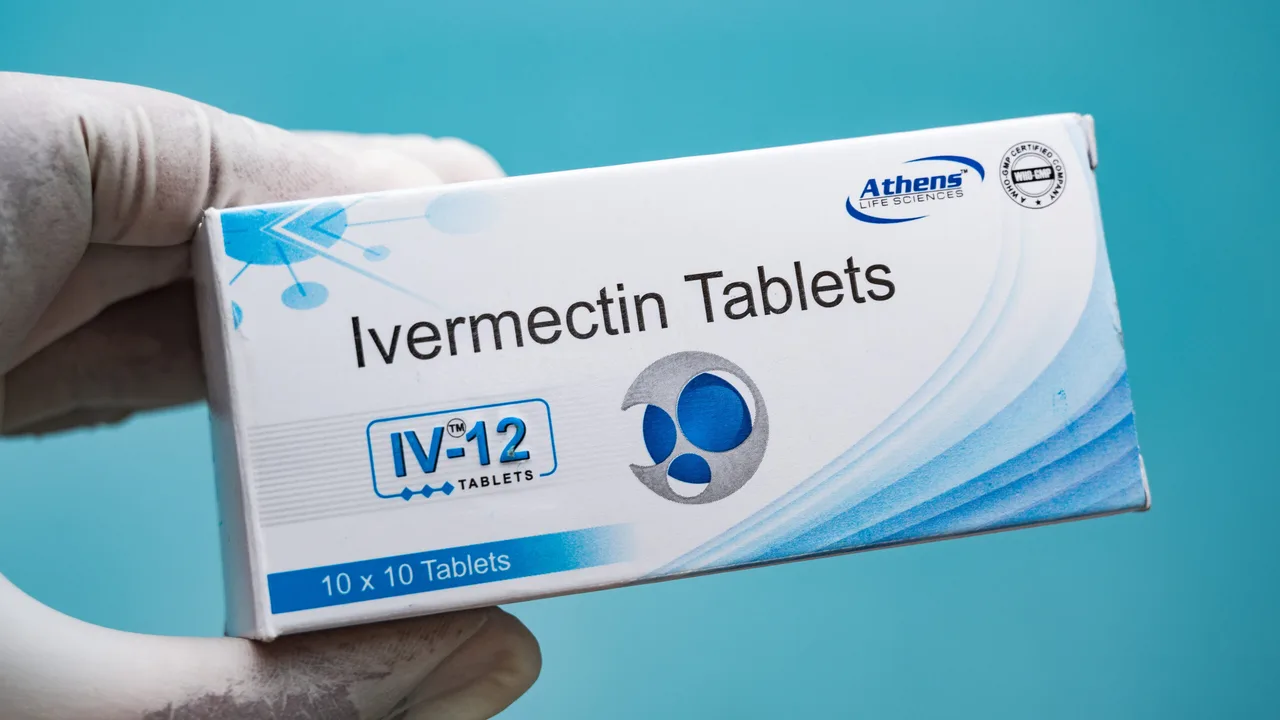Ivermectin treatment: what it treats and how to stay safe
Ivermectin is a proven antiparasitic medicine used around the world. It treats several human infections—like strongyloidiasis and some types of roundworm—and it also plays a role in public health programs for river blindness. If you’re wondering whether ivermectin might help you or a family member, this page explains the basics in plain language and tells you how to avoid the common pitfalls.
What ivermectin is used for
Doctors prescribe ivermectin for specific parasitic infections. It kills parasites by disrupting their nervous system, which makes it effective for infections caused by certain worms and mites. You’ll usually see it used for strongyloides, scabies (in some cases), and in mass-treatment campaigns for onchocerciasis. It’s not a general antibiotic or antiviral, so it won’t work for most other infections.
Safety, prescriptions, and common mistakes
Only take ivermectin when a licensed healthcare provider prescribes it for a diagnosed condition. Don’t use formulations meant for animals—those can have different concentrations and unsafe additives. Side effects are usually mild (dizziness, nausea, rash), but serious reactions can happen. Tell your doctor about other meds, liver problems, or if you are pregnant or breastfeeding. Follow the prescription and dosing schedule your provider gives; doses can depend on weight and the specific infection.
You may have seen ivermectin mentioned online for other diseases. Large, well-designed studies haven’t supported using it for most viral infections, and major health agencies advise against off-label use outside clinical trials. If you feel pressured by internet claims or social media posts, ask your doctor for reliable information before trying it.
If you start ivermectin and notice severe side effects—high fever, trouble breathing, fainting, or a fast heartbeat—stop the drug and seek emergency care. For milder issues, call your provider to check whether you should continue the medication or switch treatments.
Where to get it safely: use a licensed pharmacy and a valid prescription. Many communities have clinics or public health programs that supply ivermectin when it’s indicated. If cost is a concern, ask your provider about generic options or local assistance programs.
Alternatives and follow-up: some infections respond to other antiparasitic drugs or topical treatments. Your doctor will pick the safest and most effective option. After treatment, follow-up tests or exams may be needed to confirm the infection is cleared.
Final practical tips: don’t self-medicate, never use veterinary products, keep a copy of your prescription, and ask for clear follow-up instructions. When in doubt, a short call to your healthcare provider can prevent a risky mistake.
Get Your Stromectol Prescription Online Today
- Robin Tudge
- November 14, 2023
- 12 Comments
Ever found yourself in need of a Stromectol prescription fast? I know I have, and let me tell you, it's a game-changer being able to sort it out online. Whether you're dealing with pesky parasites or trying to stay on top of your health routine, having this option is just brilliant. In this post, I’ll walk you through the ins and outs of getting your prescription for Stromectol without stepping a foot outside. It's all about convenience and getting you the treatment you need swiftly and securely. So, let's get down to it and find out how to make your life a bit easier with an online Stromectol prescription.
read more
